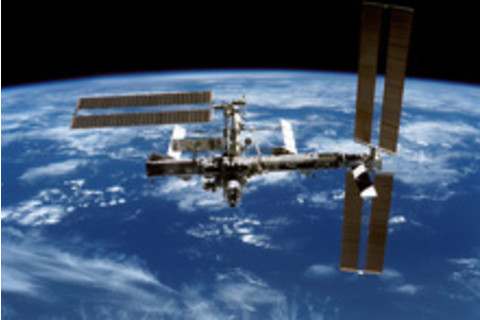
As diplomatic relations with Russia plummet faster than a barrel over Niagara Falls, politicians and scientists are starting to worry about the effects the frosting relationship could have on our space program. As 80beats reported, the principle concern is the Russian Soyuz vehicle, which will be the U.S.'s only means of sending crew and cargo to the International Space Station once NASA retires the space shuttles in 2010. Replacement shuttles won't be available in the U.S. until 2015, which means that right now access depends on a $719 million deal with Russia to purchase rides on the Soyuz through 2011. On a larger scale, we're looking at a Russian monopoly on sending humans into space—a leverage point that may affect the U.S.'s ability to take action against the country in the next few years. The biggest Cassandra foretelling space trouble is Florida Sen. Bill Nelson, who has announced that he "fears Russia's aggressive action against Georgia may have some serious consequences," such as "Russia denying us rides or charging exorbitant amounts for them." Granted, it's worth noting that Florida houses the massive Kennedy Space Center, and the money funneled into the state for space and research operations totaled $1.68 billion in 2006. Needless to say, a significant slowdown or axing of future missions due to political deadlock will put quite a damper on his state's economy. Plus, it's worth noting that not everyone appears to be panicking. NASA spokesman Rob Navias told CNN, "We do not have concerns... The Soyuz, which has been flying for decades now, is extremely reliable and is extremely capable. We have been partnering with the Russians for decades now for space flights." Though to play devil's advocate, it's also been decades since their government and military were thumbing their noses at us.
Image: NASA.gov













